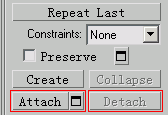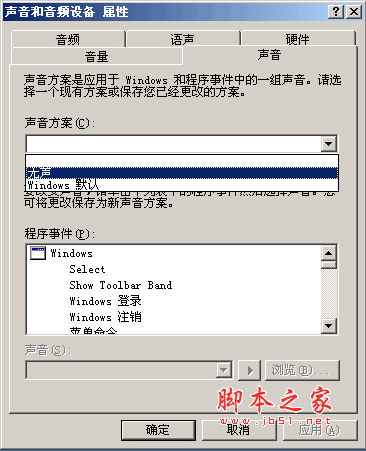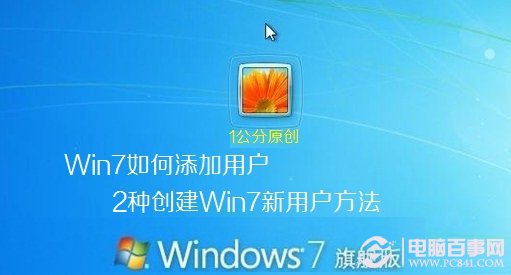小学英语语法总结
1.人称代词
主格: I, we, you, she, he, it ,they
宾格: me, us, you, her, him, it, them
形容词性物主代词:my, our, your, her, his, its, their
名词性物主代词: mine, ours, yours ,hers ,his, its, theirs
2.形容词和副词的比较级
(1) 一般在形容词或副词后+er
older, taller ,longer ,stronger, etc
(2) 多音节词前+more
more interesting, etc.
(3) 双写最后一个字母,再+er
bigger, fatter, etc.
(4) 把y变i,再+er
heavier, earlier, etc.
(5) 不规则变化:
well-better, much/many-more, etc.
3.可数词的复数形式
大多数名词+ s : a book –books
以辅音y结尾的名词, y变i加es: a story—stories
以 s, sh, ch 或 x 结尾的名词,加 es :a glass—glasses; a watch-watches
以o 结尾的名词,加s 或es: a piano—pianos ;a mango—mangoes
以f 或 fe 结尾的名词,将f 或 fe 变为ves: a knife –knives ;a shelf-shelves
4.不可数名词(单复数形式不变)
bread, rice, water ,juice etc.
5. 缩略形式
I’m = I am ;you’re = you are ;she’s = she is ;he’s = he is;
it’s = it is ;who’s =who is ;can’t =can not; isn’t=is not ,etc
6. a/an
a book, a peach
an egg, an hour
7. Preposition(介词)
表示方位:on, in ,in front of, between, next to, near, beside, at, behind
表示时间: at six o’clock, at Christmas, at breakfast,on Monday ,on 15th July ,
on National Day, in the evening, in December, in winter
8. 基数词和序数词
one – first; two-second ;twenty-twentieth
9. Some /any(一般情况下陈述句中用some;疑问句和否定句中用any)
I have some toys in my bedroom.
Do you have any brothers or sisters?
10. be 动词
(1) 基本形式: am/are/is
(2) 肯定和否定句 I am(not) from London.
My eyes are(not) small.
My hair is(not) long.
(3)一般疑问句: Am I a Chniese? Yes, you are. No, you aren’t.
Are they American? Yes, they are. No, they aren’t.
Is the cat fat? Yes, it is. No, it isn’t.
11. there be 结构
肯定句: There is a (an)…
There are …
一般疑问句:Is there …? Yes, there is./ No, there isn’t.
Are there…? Yes, there are. /No, there aren’t.
否定句: There isn’t …. There aren’t….
12. 祈使句
Sit down please
Don’t sit down, please.
13. 现在进行时.(通常用“now”)
形式: be + 动词 的ing形式
eg: I am(not) doing my homework.
You/We/They are(not) reading.
He/She/It is(not) eating.
动词 —ing 的形式
大多数动词直接加ing: walk—walking
以 e结尾的动词,去e 加ing: come—coming (see除外,seeing)
以元音加辅音结尾的动词,双写后面的辅音,再加ing:run –running ; swim—swimming
14 一般现在时。通常用 “usually, often, every day, sometimes”。
肯定句:
I go to school on foot every day.
She usually goes to school on foot.
一般疑问句:
Do you jump high? Yes, I do. / No, I don’t.
Does he jump high? Yes, he does. / No, he doesn’t.
否定句:
We don’t go to school on Sundays.
My mother doesn’t like watching TV in the evening.
15. (情态)动词can,must, should 后面直接用动词原形。
eg:
1. I / He / She / They can sing.
2.You should keep quiet in the library.
16. 一般过去时态
(a) be 动词的过去式:
I/He/she/it was(not)….
You/we/they were….
一般疑问句was, were 放在句首。
(b) 动词过去式:
肯定句: I watched cartoons.
She visited the zoo.
一般疑问句: Did you read book last night? Yes, I did. No, I didn’t.
Did she clean the desk just now? Yes, she did. No, she didn’t.
否定句: They didn’t go the the part yesterday.
He didn’t make model ships last week.
(3)动词过去式的变化:
规则动词的变化:
大多数动词,直接加ed: eg. planted,watered,climbed
以e结尾的动词加d :eg. liked
以辅音 y 结尾的动词,y变i,加ed :eg : study—studied
元音加辅音结尾的动词,双写辅音加ed: eg: stop –stopped
不规则动词的变化:
is/am—was,are—were,do—did,have/has—had,make—made,fly-flew/u:/
eat—ate,take—took,run—ran,sing—sang,drink—drank 等等
版权声明
本文仅代表作者观点,不代表本站立场。
本文系作者授权发表,未经许可,不得转载。
本文地址:/wangke/xxyingyu/2021-04-23/60085.html













